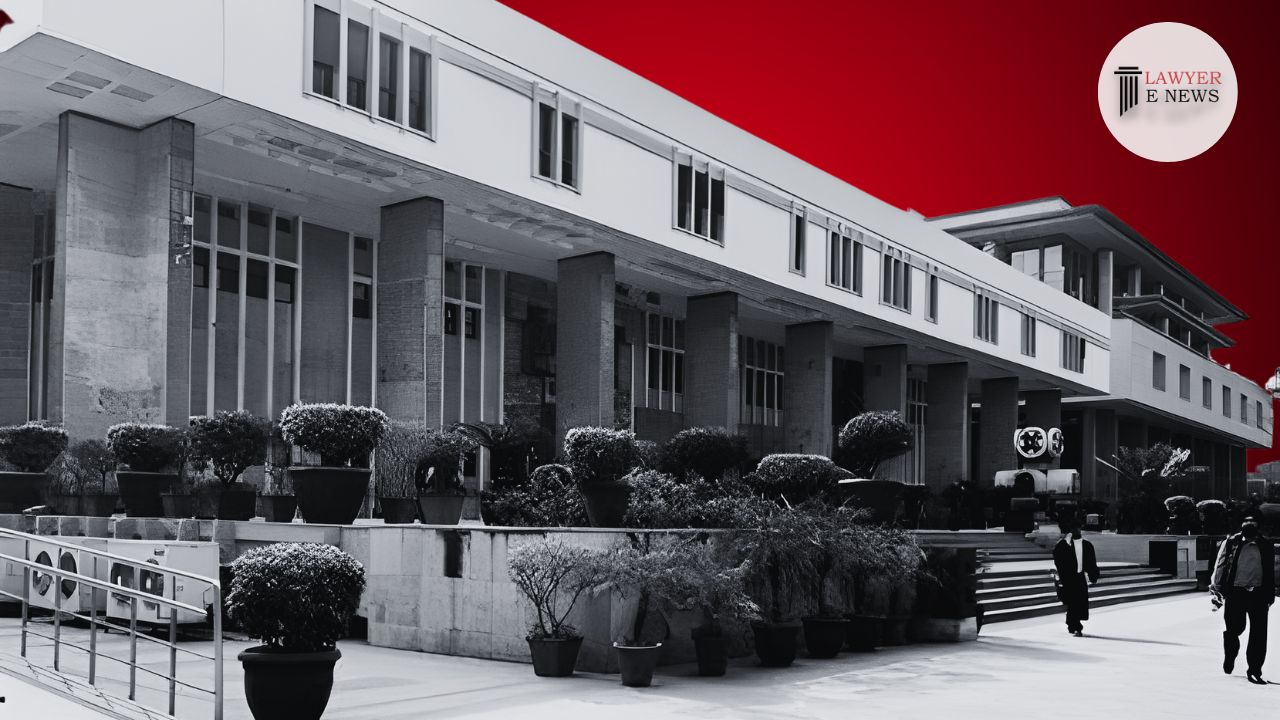-
by Admin
15 February 2026 5:35 AM



In a recent judgment, the Delhi High Court upheld the dismissal of a Delhi Police constable who was found guilty of unauthorized absence from duty. The court upheld the decision of the Tribunal, which had initially dismissed the constable's Original Application (OA) for lack of merits but later reconsidered the case upon a review application. The judgment, delivered by Justice V. Kameswar Rao and Justice Anoop Kumar Mendiratta, reaffirmed the disciplinary action taken against the constable.
The case pertains to a constable identified as Harender Singh, who was working in the Special Staff and was subsequently transferred to Distt. Lines X-Ray. Alleging threats to his life, Singh filed a complaint against senior officers through his father. An inquiry into the matter revealed that the allegations were false and fabricated, aimed at securing a transfer back to the Special Staff. Despite being transferred to P.S. Bawana, Singh did not report to the assigned police station. Instead, his brother informed the Duty Officer that Singh had been admitted to an unknown hospital by their father, without providing further details. Singh continued to submit medical papers from different hospitals but failed to obtain proper permission for medical leave.
The Enquiry Officer submitted a report confirming the allegations against Singh, and the Disciplinary Authority passed an order of dismissal. The order was later affirmed by the Appellate Authority. The petitioner then approached the Tribunal, which initially dismissed the OA for lack of merits. However, upon a review application, the Tribunal re-examined the case and concluded that there were sufficient grounds to recall the dismissal order. After rehearing the matter, the Tribunal ultimately dismissed the OA.
In its judgment, the Delhi High Court highlighted the gravity of Singh's misconduct, as he remained absent from duty without proper authorization for nearly two years. The court emphasized that absence from duty itself is considered misconduct in a disciplined force like the police. The court rejected Singh's arguments regarding the absence of a written transfer order and the claim of prior permission for medical leave, noting that he was aware of the transfer and failed to report to the assigned police station.
Delhi High court stated, "Having noticed the fact that the first respondent has absented himself from duty without leave on several occasions, we are unable to appreciate the High Court's observation that 'his absence from duty would not amount to such a grave charge.' Even otherwise on the facts of this case, there was no justification for the High Court to interfere with the punishment holding that 'the punishment does not commensurate with the gravity of the charge.'"
The court upheld the Tribunal's decision to dismiss the OA and affirmed the punishment of dismissal imposed on Singh. This judgment serves as a reminder of the importance of discipline and adherence to duty in the police force, and it reinforces the principle that proportionate disciplinary action is justified in cases of grave misconduct and unauthorized absence from duty.
Date of Decision: July 12, 2023
HARENDER SINGH vs GNCT OF DELHI AND ORS
